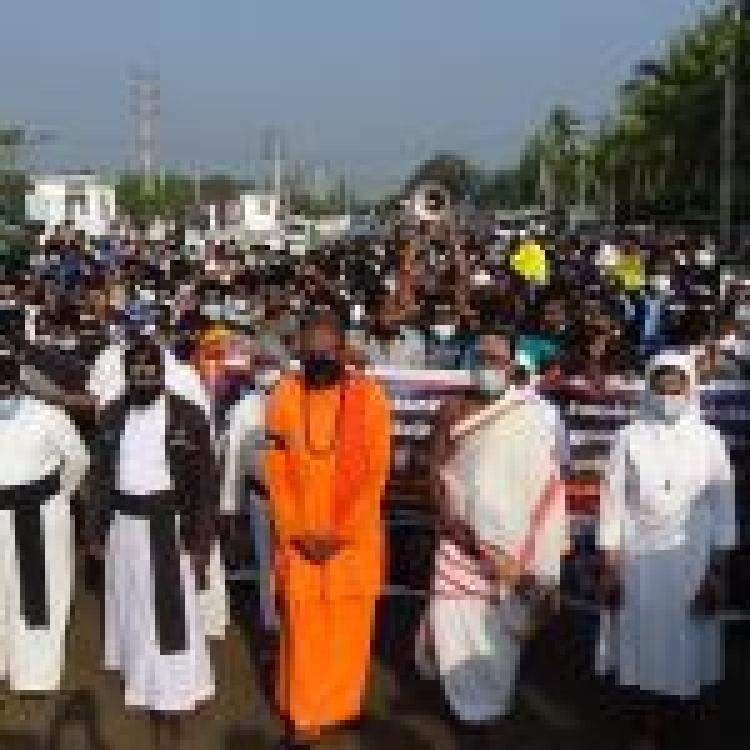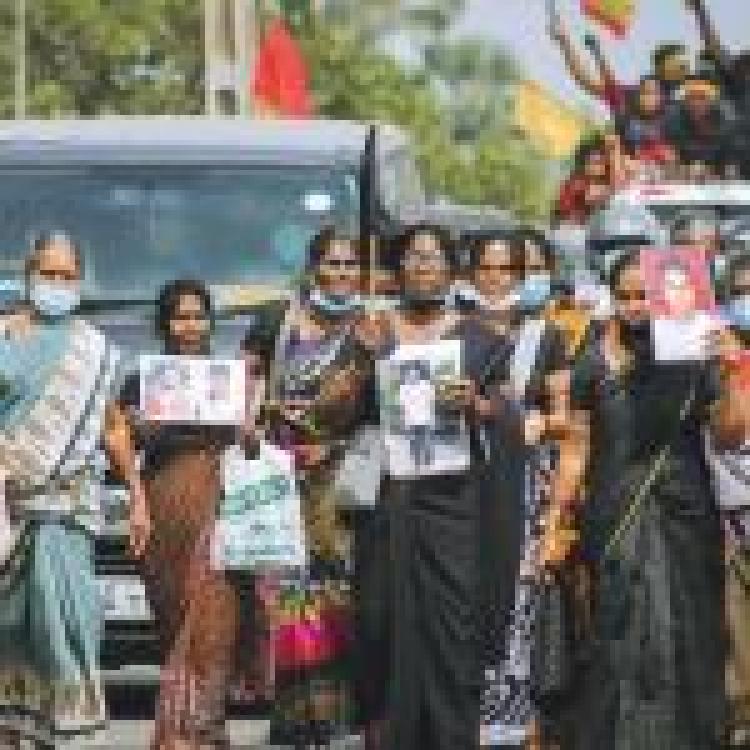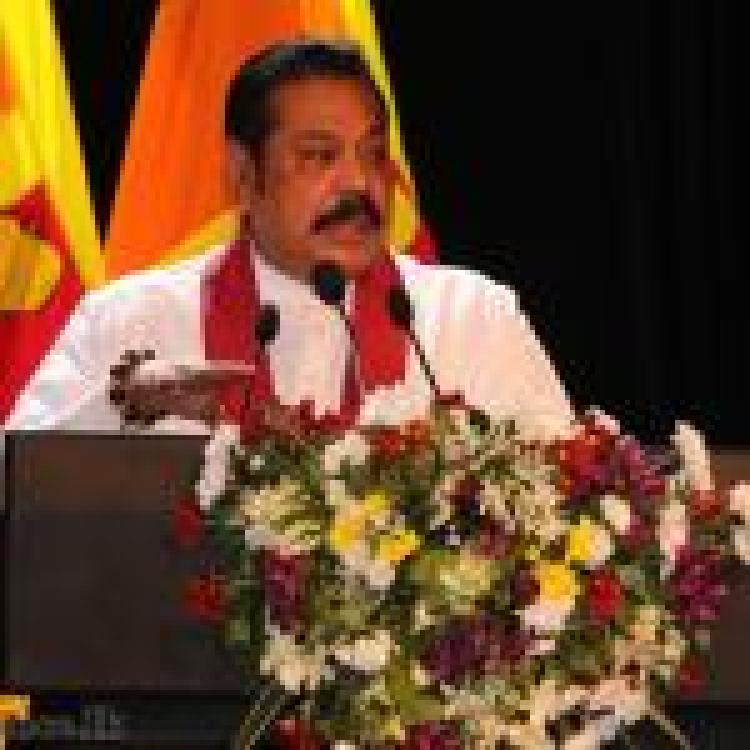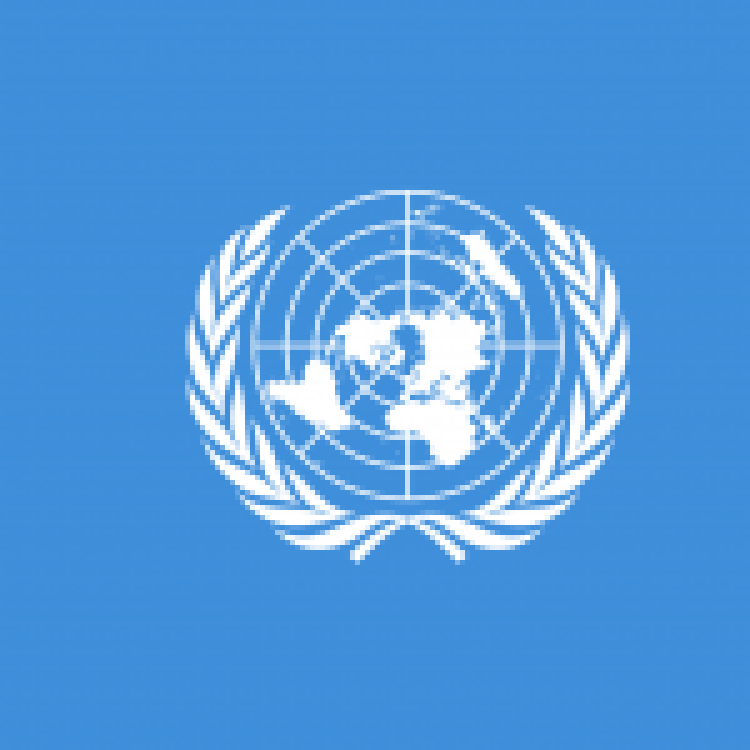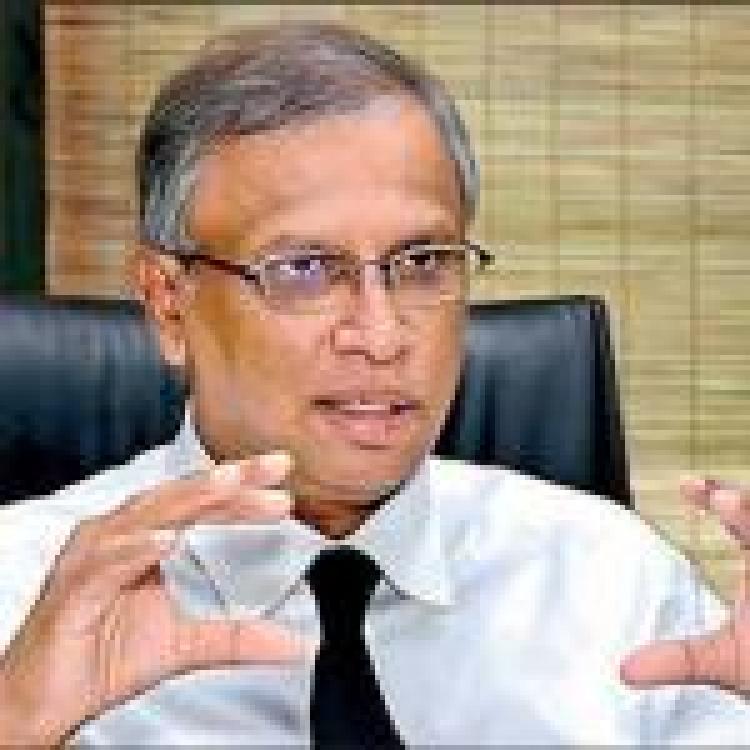![]()
Responding to a question, Tamil Makkal Thesiya Kootani (TMTK) leader C.V. Wigneswaran has defended leader of the Tamil National People’s Front (TNPF), Gajendrakumar Ponnambalam’s use of the word “genocide” to describe the on-going suffering of Eelam Tamils.
This statement follows a damning report by the UN High Commissioner for Human Rights and increasing calls from victim communities and Tamil civil society for Sri Lanka to be referred to the International Criminal Court.
Citing Raphael Lemkin, who coined the term “genocide” to describe attempts to “exterminate national, religious or racial groups”. Wigneswaran maintains;
“What Lemkin foresaw is what is happening to the North-Eastern Tamils in Sri Lanka – attacks against life, liberty and properties of the Tamils”.
Commenting on the genocide resolution passed by the Northern Provincial Council on 10 February 2015, Wigneswaran highlights the demand for the UN to launch a genocide inquiry which would examine the conduct of successive Sri Lankan governments and for appropriate steps to be taken at the International Criminal Court. He further notes that Tamil people have “no faith in any domestic commissions of inquiry”.
The resolution passed maintains that Sri Lanka’s policies since independence became synonymous with the genocide of Tamils. It further highlights over 60 years of historic violations including “state-sponsored anti-Tamil pogroms, massacres sexual violence and acts of cultural and linguistic destruction carried out by the state”.
These atrocities, which began with the disenfranchisement of Indian origin Tamils in 1949 and gave rise to the armed struggle, culminating in the genocidal massacres at Mullivaikkal in 2009.
Wigneswaran highlights not only the forcible demographic shifts caused by the 1956 and 1958 pogroms as well as Black July but also the ongoing “Sinhalisation and Buddhistisation of the North and East on dubious nay false historical and archaeological claims”. He further notes the means by which Tamil names of villages and places in the North-East have been changed to Sinhala.
Following his appointment to Presidency, Gotabaya Rajapaksa has established an all-Sinhala task force to oversee archaeological sites. People for Equality and Relief in Sri Lanka (PEARL) has slammed this taskforce as being a means for “state-sponsored Sinhala colonization”, highlighting the justification of land grabs under the veil of archaeological protection.
Read more here: Sri Lankan Presidential Task Forces are “grounded in Sinhala-Buddhist nationalist ethos” and signal deepening militarisation – PEARL
Read Wigneswaran's full statement here.


